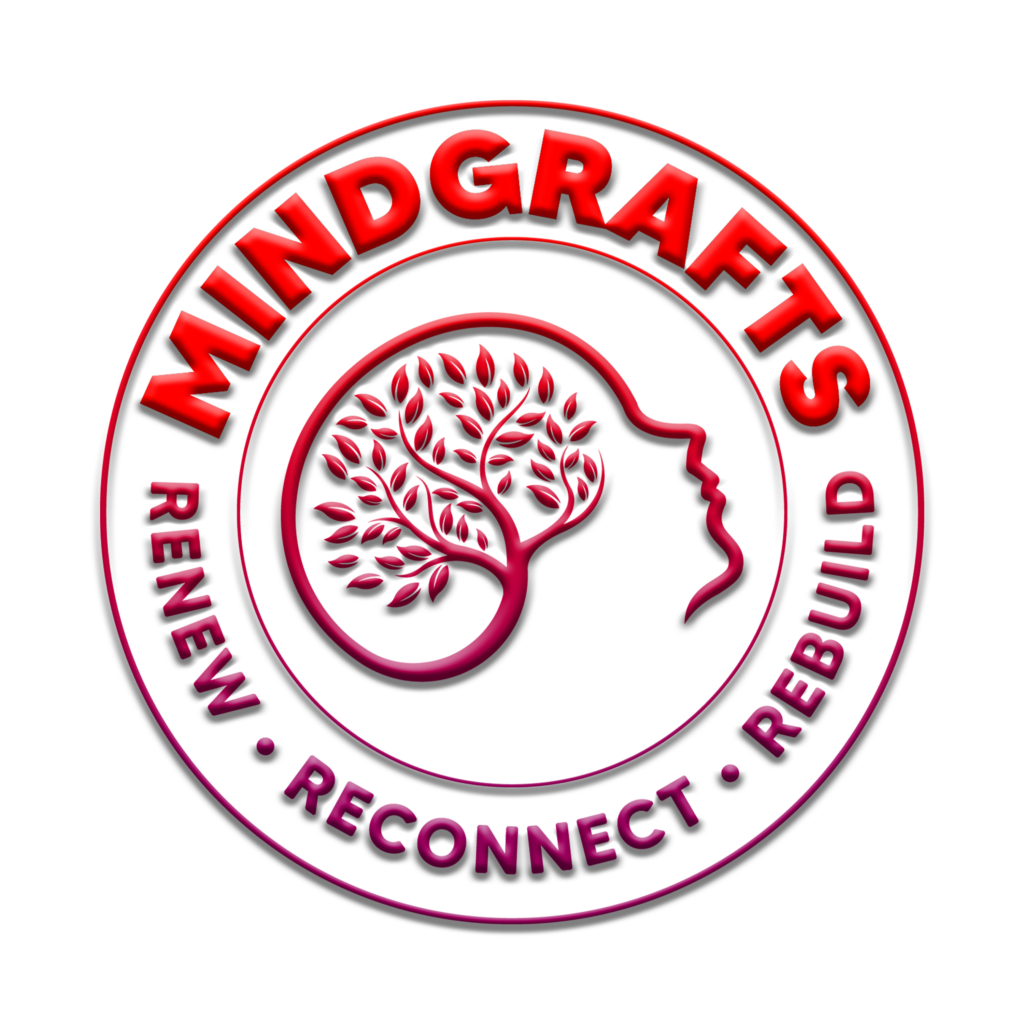The Emotional Archaeologist: Unearthing the Mysteries of Trauma
Have you ever felt like your emotions are a dusty attic, full of forgotten trinkets and half-remembered stories? Sometimes, nestled among those old boxes and cobwebs, we find remnants of a past that refuses to stay buried: trauma.
But what is trauma? It’s not just about the dramatic events we see in movies. It’s personal. It can be a childhood bully, a car accident, a neglectful parent, or even ongoing stress. Trauma isn’t about how big the event is, but how it affects you. It leaves its mark on our brain and body, whispering its secrets in unexpected ways.

Think of yourself as an emotional archaeologist, carefully brushing away the layers of time to reveal the hidden artifacts of your past. It’s a journey of self-discovery, and the rewards are priceless: understanding, healing, and a chance to rewrite your story.
The Trauma Treasure Map: X Marks the…Unexpected
Trauma isn’t always obvious. It can be a master of disguise, lurking in the shadows of your daily life. But fear not, intrepid explorer! We’re about to embark on a treasure hunt through your emotions, thoughts, and behaviors. Here’s what to look for:
- The Emotional Kaleidoscope: Do your emotions spin faster than a disco ball? One minute you’re happy, the next you’re furious, and then you’re drowning in despair. Trauma can throw your emotional compass out of whack, leaving you feeling lost and confused.
- The Flashback Film Festival: Do you find yourself starring in unwanted reruns of your most stressful moments? Flashbacks can be vivid and unsettling, like a movie trailer from a past you’d rather forget.
- The Insomnia Inn: Is your sleep a series of fitful naps and restless nights? Trauma can hijack your sleep cycle, leaving you feeling exhausted and on edge.
- The Numbness Nook: Have your emotions checked out and taken up residence in a secluded cabin called Numbness Nook? This emotional shutdown is a common defense mechanism against overwhelming pain.
- The Physical Funhouse: Trauma isn’t just a mind game. It can manifest in physical ways too. Headaches, stomachaches, fatigue, and even chronic pain can be whispers from a wounded past.
- The Trigger Town: Do certain sounds, smells, or places transport you back to a moment of distress? These are your trigger towns, holding memories and emotions that might be linked to past trauma.
- The Relationship Roadblock: Do you struggle with intimacy, trust, or setting boundaries? Trauma can leave behind invisible scars that sabotage your relationships.
- The Self-Sabotage Symphony: Do you find yourself repeating patterns of behavior that undermine your happiness and success? Trauma can create self-destructive habits that keep you stuck in a cycle of pain.
Decoding the Map: The Path to Healing
Congratulations, you’ve found the treasure! Don’t panic. Recognizing signs of trauma is the first step toward healing. It’s like finding a buried treasure chest: now comes the exciting part of unlocking it.

- Therapy Time: A therapist is like a skilled guide, helping you navigate the complex terrain of your past. They can offer a safe space to explore your emotions, develop coping skills, and ultimately heal.
- Self-Care Sanctuary: Self-care isn’t just about bubble baths (although those are great!). It’s about nurturing yourself – mind, body, and soul. Think of it as building a cozy sanctuary where you can recharge and heal.
- Support System Squad: Reach out to loved ones. Sharing your treasure hunt journey with people who care can be incredibly empowering. Remember, you don’t have to dig alone.
If you suspect you are struggling with trauma, please seek guidance from a qualified mental health professional.

